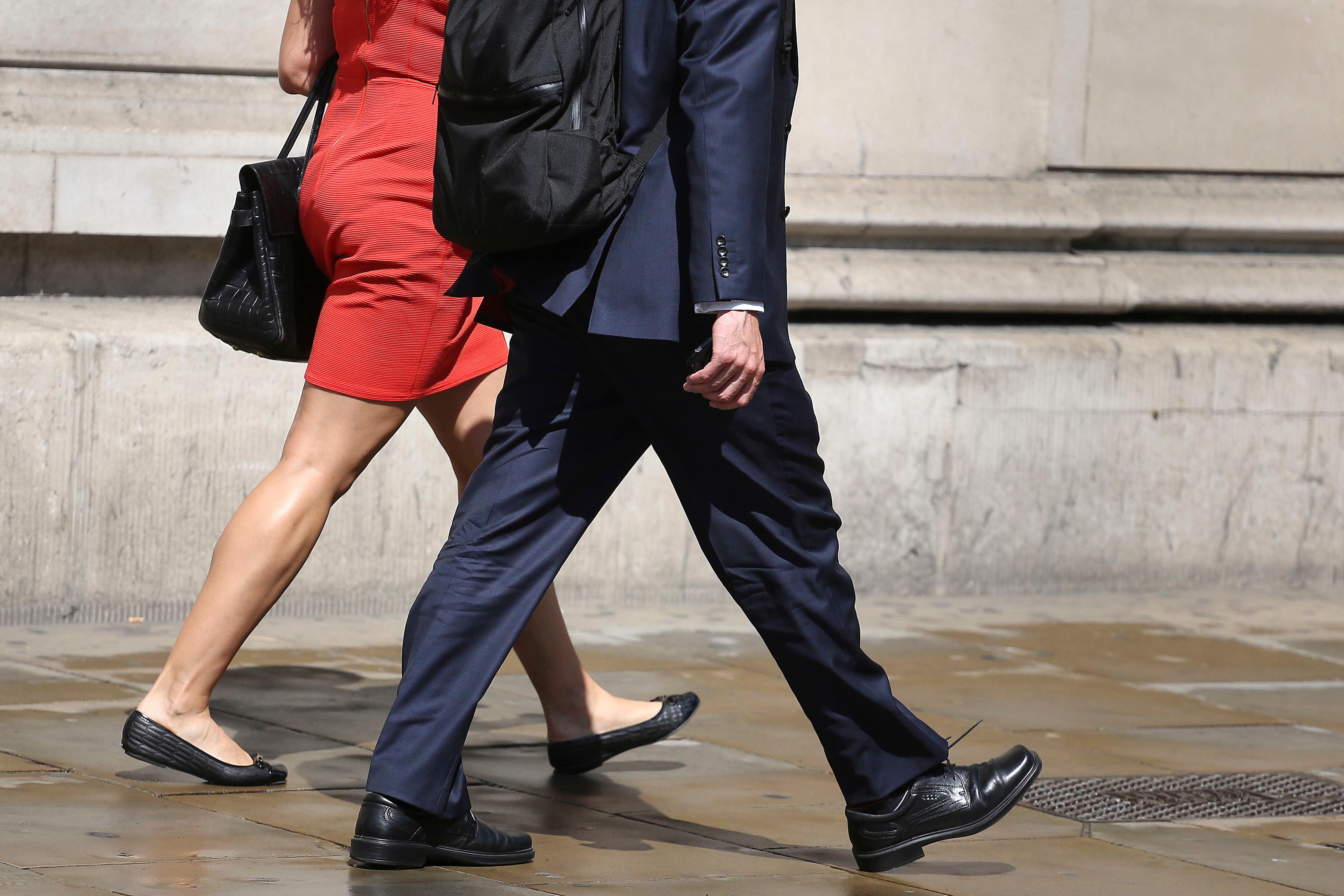Most local authorities remain male-dominated, study suggests
Just over a third of local councillors are women, according to the Fawcett Society.

Your support helps us to tell the story
From reproductive rights to climate change to Big Tech, The Independent is on the ground when the story is developing. Whether it's investigating the financials of Elon Musk's pro-Trump PAC or producing our latest documentary, 'The A Word', which shines a light on the American women fighting for reproductive rights, we know how important it is to parse out the facts from the messaging.
At such a critical moment in US history, we need reporters on the ground. Your donation allows us to keep sending journalists to speak to both sides of the story.
The Independent is trusted by Americans across the entire political spectrum. And unlike many other quality news outlets, we choose not to lock Americans out of our reporting and analysis with paywalls. We believe quality journalism should be available to everyone, paid for by those who can afford it.
Your support makes all the difference.The vast majority of local authorities across the UK remain male-dominated, with only a minority of councillors being women, according to a new study.
An analysis by the Fawcett Society and Democracy Club found that fewer than 5% of councils (18 of 382) have achieved at least parity of gender representation.
Just over a third of local councillors are women, and based on the current rate of change, 50:50 representation until 2051, said the report.
Fawcett’s analysis showed that no council has gender parity, with London the highest at 45% women and Northern Ireland the lowest at 26%.
The proportion of women in councils in 2022 is only two percentage points higher than in a snapshot taken in 2018, it was suggested.
The highest proportion of women is found in the Labour (47%), Green (43%) and Scottish National Parties (41%), whilst the lowest proportion is found in the Conservative Party (29%), the SDLP (29%), DUP (21%) and Ulster Unionist Parties (20%), the study showed.
This research provides yet more evidence of the Tories' women problem
Fawcett Society chief executive Jemima Olchawski said: “Women are significantly impacted by decisions made at the local level and are more likely to rely on the services our councils run, from social care to social housing.
“Yet progress on women’s representation in local government is moving at a snail’s pace. That such a vast majority of local councils are male-dominated diminishes public life.
“Government, local authorities and political parties need to take action and record diversity data, set targets for women’s representation alongside other protected characteristics, and make being a local councillor more accessible to those with caring responsibilities.”
Anneliese Dodds, shadow minister for women and equalities, commented: “While there is always more to do, we are proud to be well ahead of the other parties in terms of women’s representation in Parliament and on local councils.
“Unfortunately this research provides yet more evidence of the Tories’ women problem. The Conservatives have spent 13 years driving women’s living standards down and NHS gynaecological waiting lists up, while failing to deal with the epidemic of violence against women and girls.”